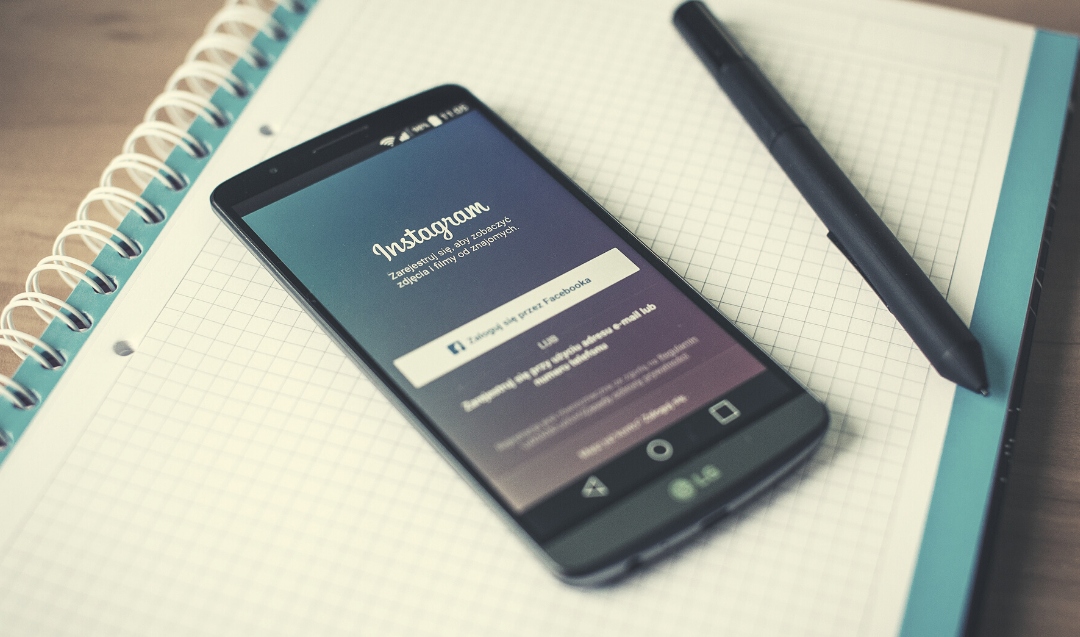Social media can be a great way to stay connected, but it also has its downside. There are many factors to consider when deciding whether or not you should delete your social media accounts during your divorce, but ultimately, it comes down to how social media makes you feel. If it’s making the healing process harder, then taking a break may be necessary. Consider these other factors before deciding whether you should delete Facebook, Instagram, or other social media during divorce.
Even if you block your ex, your posts may still get back to them or their attorney.
What happens on social media doesn’t always stay on social media. Even if you have your ex blocked and your settings all set to private, there’s always a chance that what you post can end up in the wrong hands. Mutual friends may still see your posts and relay that information to your ex (who can then share it with their attorney). Rule of thumb for posting during your divorce: if you wouldn’t want a judge to see it, don’t post it.
It could affect your Agreement.
Going back to the fact that what you post may get into the wrong hands, it may also be used against you. Things like:
- Posting negative comments about your ex
- Showing off big purchases
- Posting photos with people you’re dating
These can all have an impact on your Agreement, especially if you’re embroiled in a financial or custody battle. It’s best to keep your private life just that- private- at least until the Agreement is finalized.
Your mental health might suffer.
Even if you aren’t friends with your ex on social media, you still might see posts they are tagged in if you have mutual friends (or if you choose to stalk their public profile). Even if you were the one who wanted the divorce, seeing your ex moving on is never easy. Protecting your mental health during this time is crucial for your healing process, so anything you can do to avoid these types of triggers will only benefit you.
Seeing others “happy” might hurt you.
We don’t always see the whole story on social media because people usually like to put their best foot forward. Seeing your friends and family posting about their relationships, vacations, and other exciting adventures has a tendency to sting a little when you’re going through a difficult time. Why hurt yourself when you don’t have to? It might be best to hold off on exposing yourself to these types of things until you are in a better place.
For every negative, there is a positive. Social media can connect you with supportive people who understand what you’re going through and can help with your healing process. Many divorce coaches, attorneys, and therapists are on social media sharing tips and information to help make the divorce process easier for you. Having social media strictly for following these types of accounts might actually be beneficial to you, but it’s best to weigh the pros and cons before deciding.
Our very own Split.fyi portal is set up much like social media, but it’s a private community reserved only for those that are pre, going through, or post-divorce, and vetted professionals who help others going through one. This is a great alternative to traditional social media platforms like Facebook, Instagram, and Twitter. Especially when you’re in those initial stages of the divorce process where everything is fresh.
Your decision of whether or not to participate in a social media cleanse is just that- your decision. Do what’s best for you during this transformative time in your life. Trust that whatever you decide will help you reach the life you truly desire (and deserve).




